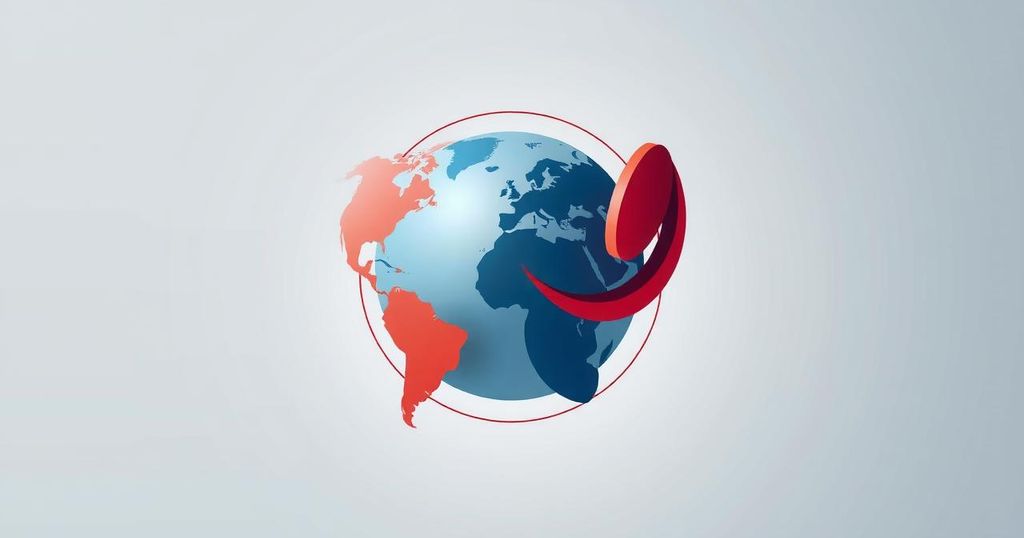Under Trump, America Realigns: Embracing Russia, North Korea, and Belarus

President Trump’s foreign policy reflects a notable shift as he aligns the United States with nations like Russia and North Korea, diverging from traditional allies such as Britain and France. This shift, exemplified by a recent U.N. vote against condemning Russia, raises concerns about the future of American diplomacy. European leaders are seeking to reclaim alignment with U.S. interests amidst this change.
Under President Trump’s administration, the geopolitical landscape has shifted as he aligns more closely with nations considered outliers, such as Russia, North Korea, and Belarus. This change is starkly illustrated by the recent U.S. vote against a U.N. resolution condemning Russia’s invasion of Ukraine, marking a significant departure from the United States’ traditional allies, including Britain, France, Germany, Canada, Japan, and Italy.
Mr. Trump’s positioning of the United States alongside what are often viewed as rogue states has profound implications for international relations. This recalibration occurs only weeks into his second term, suggesting a long-term strategy that favors relations with those nations contrary to longstanding U.S. alliances established since World War II.
The fracture in relationships with historic allies raises critical concerns regarding the future of American foreign policy. European leaders from Poland, France, and Britain are reportedly engaging with Mr. Trump in an attempt to restore alignment on shared values and interests, but find themselves facing a leader whose priorities may diverge significantly from theirs.
In summary, President Trump’s recent foreign policy decisions indicate a marked shift in America’s global alliances, favoring relationships with countries like Russia and North Korea over traditional allies. This realignment could lead to significant changes in U.S. foreign policy, as leaders from allied nations attempt to navigate an uncertain diplomatic landscape under his administration.
Original Source: www.nytimes.com








